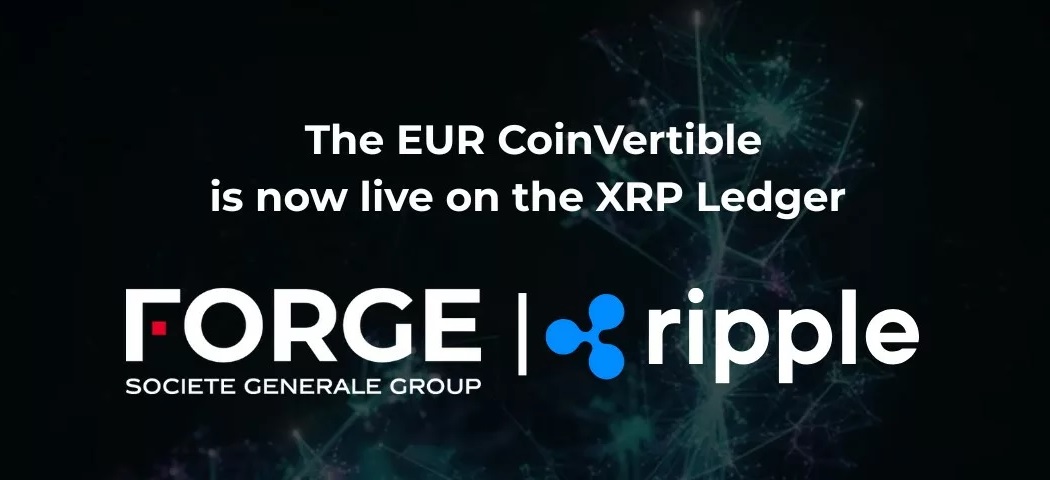European lawmakers agree revised Payments Services Directive – the formal adoption of the proposal is expected later this year

EU rules on payment services would be updated to improve security, widen consumer choice and keep pace with innovation under an informal deal struck by Economic and Monetary Affairs Committee MEPs and the Latvian Presidency of the Council, according to a press release. The updated rules aim to stimulate competition to provide payment services and foster innovative payment methods, especially for online payment services. They still need to be endorsed by Parliament as a whole and the Council.
„The EU payment services market remains fragmented and expensive, costing €130 billion, or over 1% of EU GDP, a year. The EU economy cannot afford these costs, if it wants to be globally competitive”, said lead MEP Antonio Tajani (EPP, IT), adding that „The new regulatory framework will reduce costs, improve the security of payments and facilitate the emergence of new players and innovative new mobile and internet payment methods”.
„Today’s agreement is an important step forward in making electronic payments for consumers safer as well as encouraging competition and innovation,” said Jonathan Hill, EU Commissioner responsible for Financial Stability, Financial Services and Capital Markets Union. „I would like to thank the Parliament and the Latvian Presidency of the Council for their efforts in reaching this agreement.”
Widening consumer choice
A payer using an online account would have the right to use payment software or devices provided by an authorised third party and to have his payments executed on his behalf by this provider.
A bank servicing such an account could deny this third party access to a payer’s payment account only for objectively justified and evidenced security reasons which have been reported to the supervisory authorities. This safeguard should preclude any possibility of banks “blocking” the market for new payment services.
Making payments safer
Payment service suppliers would have to adopt technologies that ensure safe authentication of the user and reduce the risk of fraud. They would have to ensure that a user’s personal data are transmitted through the safe channels and that they are shared only with the user’s consent and to the minimum possible extent.
Next steps
The agreed text, which also updates the rules in a wide range of other areas, such as refund rights, payment service charges and surcharges, will be further discussed in technical three-way talks between MEPs, the Council of Ministers and the European Commission. As soon as a final agreement is reached, Parliament will be put it to a plenary vote. The outcome will also need to be endorsed by EU member states.
The formal adoption of the proposal is expected later this year.
Dariusz Mazurkiewicz – CEO at BLIK Polish Payment Standard
Banking 4.0 – „how was the experience for you”
„To be honest I think that Sinaia, your conference, is much better then Davos.”
Many more interesting quotes in the video below:









